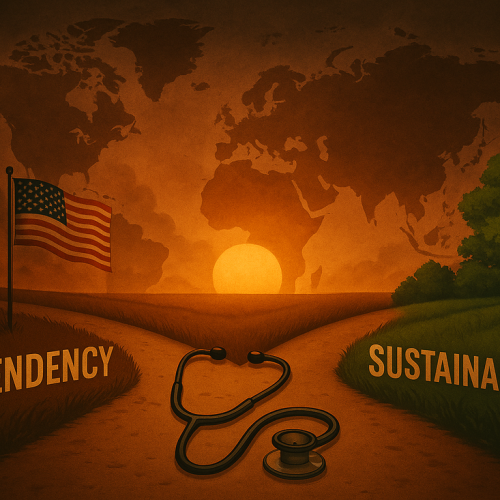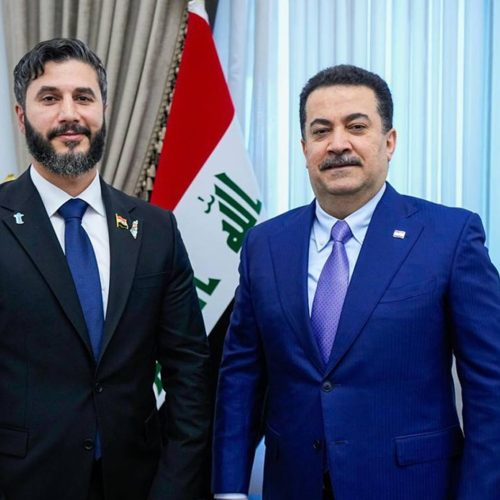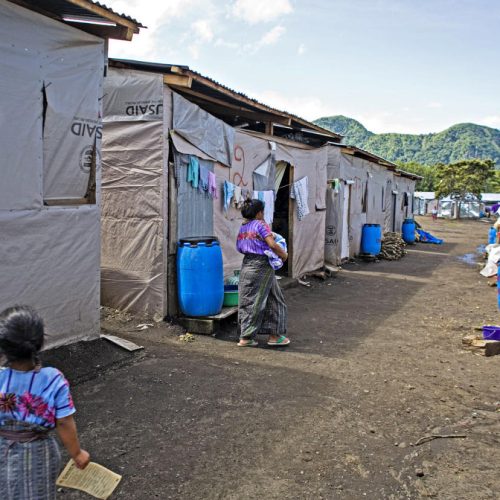May 14, 2024
Stolen Wisdom: Ending Western Exploitation of Indigenous Knowledge

As of May 2024, the Diplomatic Conference on Genetic Resources and Associated Traditional Knowledge unfolds in Geneva, a crucial conversation is taking place: how to end the long-standing exploitation of traditional knowledge and genetic resources by wealthier nations.
For centuries, indigenous peoples have been the guardians of a vast repository of knowledge about medicinal plants, agricultural practices, and ecological wisdom. Unfortunately, much of this priceless knowledge has been appropriated by the West without proper acknowledgment or compensation. The conference aims to address these injustices and create frameworks to protect the intellectual property of those who have been overlooked for too long.
Take neem, for instance—a tree indigenous to India. Western corporations have profited from patented products derived from neem, leaving the communities that have used it for generations without any share of the benefits. Similarly, the Andean knowledge of quinoa has been exploited by international markets, driving up prices and limiting access for the native populations who depend on it.
This form of exploitation is not just unethical; it’s a modern echo of colonial practices. Wealthy countries extract valuable knowledge and resources, turning them into profitable ventures while the original custodians receive nothing in return. This conference represents a pivotal opportunity to correct these historical wrongs.
The WIPO conference page highlights the goal of establishing international agreements to ensure fair and equitable sharing of benefits derived from genetic resources and traditional knowledge. This means not only financial compensation but also proper recognition of the contributions made by indigenous and local communities.
The urgency of these measures cannot be overstated. As climate change and biodiversity loss escalate, the world risks losing not only vital ecosystems but also the traditional knowledge that could help mitigate these crises. Indigenous peoples depend on these resources for their livelihoods, using them in moderation and with deep respect for the earth. In stark contrast, Western exploitation often disregards sustainable practices, leading to environmental degradation and depletion of resources.
Protecting the intellectual property of indigenous peoples is essential for preserving both cultural and biological diversity. Their sustainable use of resources offers valuable lessons in stewardship that the world desperately needs.
The Diplomatic Conference on Genetic Resources and Associated Traditional Knowledge marks a significant step towards addressing these long-standing issues. It’s high time that the voices of those who have been silenced and exploited are heard and respected. The global community must unite to stop the theft of traditional knowledge and ensure that benefits are shared justly and fairly. This not only honors the contributions of indigenous peoples but also protects the planet for future generations.
Image Credit: Iryna Mylinska




